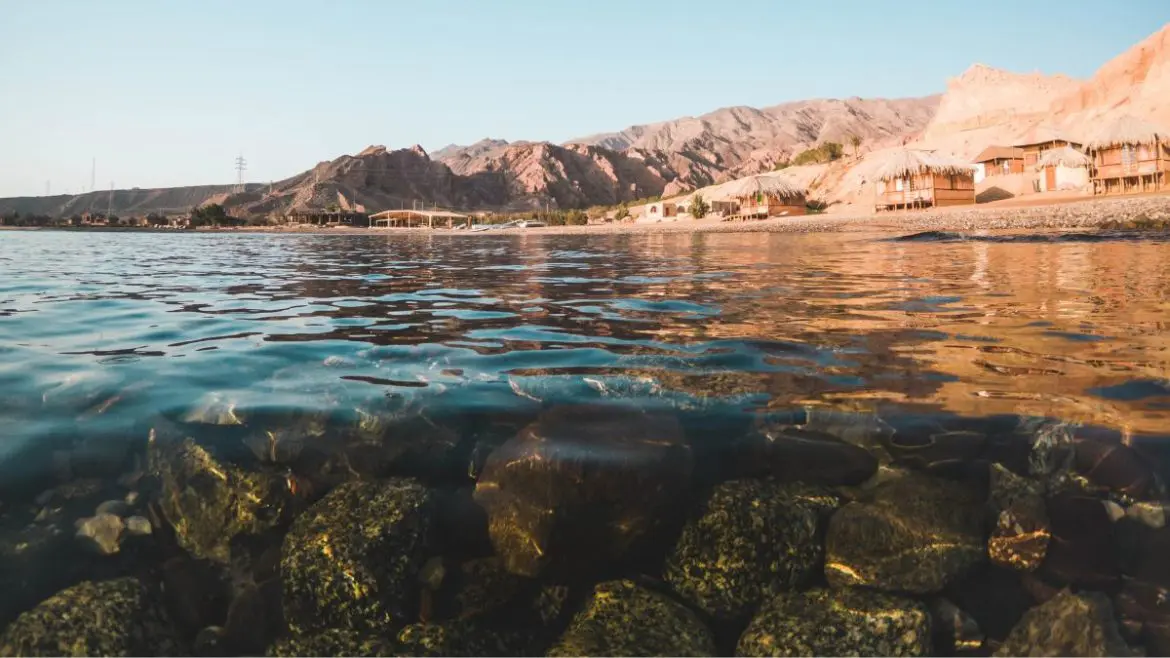The Death Pool Takes Life Of Anything That Swims Into It
A great many long periods of presence, yet the Earth flabbergasts us with strange revelations and subtleties. As of late, a group of researchers made one such revelation that will make you quicker to looking into uncommon mysteries here on the planet. This group from the University of Miami found a saline solution pool at the lower part of the Red Sea. They said that any animal which streams to this salt water pool gets quickly killed and doesn’t make due. Whether a human or an ocean animal, the salt water pool may be deadly for any living animal.
What Are Brine Pools?
At the point when researchers say brackish water pools, it implies that.The Death pool contains a high measure of salt in it. It has no oxygen content in it. They additionally contain other harmful synthetic substances like hydrogen sulfide. According to reports, the salt water pools have saline levels which are seven to multiple times higher than the typical seawater.
How Could They Discover The Dangerous Death Pool?
The University Of Miami group found the deadly salt water pool or The Death Pool by driving a submerged vehicle. The pool sits at a profundity of 1,770 meters in the Red Sea. Specialists are additionally saying that despite the fact that animals kick the bucket once inside the pool, salt water pools likewise go about as additives. Purportedly, a dead crab inside the saline solution pool was as yet unblemished. One of the analysts, Sam Purkis added that this kind of disclosure prompts people’s comprehension that there is the chance of life on different planets as well. Besides, this could also assist researchers with finding how seas were framed a great many quite a while back, Purkis said.
This demise pool could demonstrate deadly for animals, yet it will likewise assist researchers with understanding how these brackish water pools have protecting consequences for animals and are really wealthy in biodiversity.



